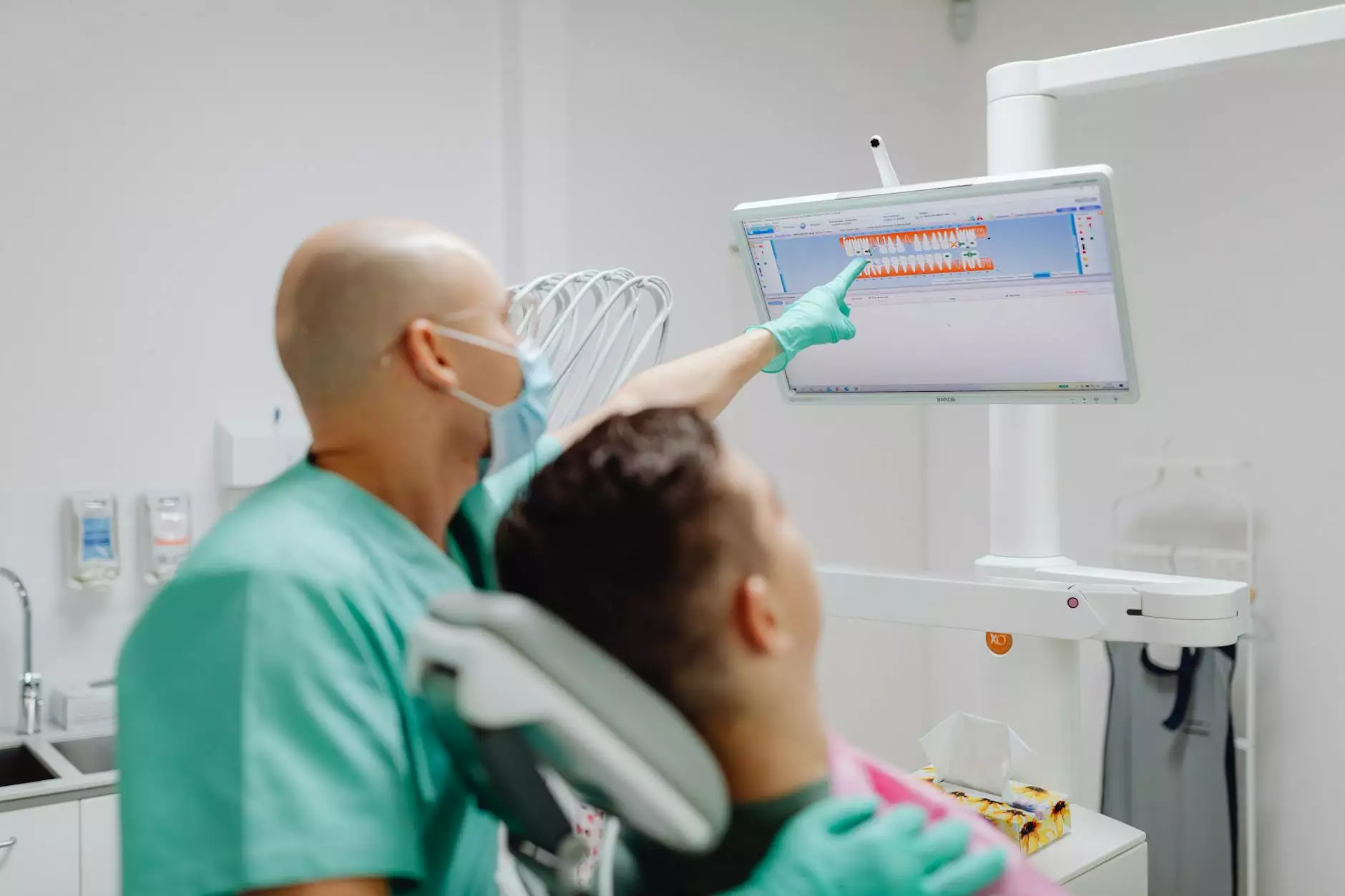The Importance of Automotive Supply Companies in Today's Market

In the rapidly evolving world of automobiles, automotive supply companies play a pivotal role in ensuring that vehicles are safe, efficient, and equipped with the latest technology. Without these companies, the automotive industry would struggle to keep pace with advancements in technology and consumer demand. This article delves deeply into the significance of automotive supply companies, their contributions, and what makes them indispensable in the automotive sector.
What are Automotive Supply Companies?
Automotive supply companies are businesses that manufacture and supply various components and materials required in the production and maintenance of vehicles. These companies provide everything from raw materials to ready-to-install parts and accessories. Their products significantly affect vehicle performance, durability, and consumer satisfaction. In an industry continually driven by innovation and stringent quality standards, the role of these suppliers is paramount.
The Role of Automotive Supply Companies
Automotive supply companies serve a multitude of purposes in the automotive ecosystem:
- Parts Manufacturing: They design and produce essential components such as brakes, engines, transmissions, and electronic systems.
- Sourcing Raw Materials: These companies often source the necessary materials, including metals, plastics, and composites, and transform them into usable parts.
- Quality Control: Automotive suppliers implement rigorous testing and quality assurance protocols to ensure each part meets industry standards.
- Research and Development: Many supply companies invest in R&D to innovate and develop new technologies that enhance vehicle safety and efficiency.
- Logistics and Delivery: They offer logistics solutions which ensure that parts reach manufacturers or consumers timely, thereby maintaining the flow of production.
Impact on Vehicle Performance
One of the critical contributions of automotive supply companies is their direct impact on vehicle performance. High-quality parts lead to better fuel efficiency, enhanced safety, and improved driving experience. For instance:
- Engine Components: The quality of engine parts directly affects horsepower and fuel consumption.
- Suspension Systems: Quality suspension parts lead to smoother rides and better handling, making them crucial for driver safety.
- Braking Systems: Reliable braking components ensure that vehicles can stop promptly, reducing the likelihood of accidents.
Innovation through Supply Chain Collaboration
Collaboration between automotive supply companies and vehicle manufacturers drives innovation. The exchange of ideas between these entities leads to:
- Advanced Materials: New materials that are lighter and stronger enhance vehicle safety and fuel performance.
- Smart Technologies: Integration of IoT devices into vehicle components improves diagnostic capabilities and overall vehicle health management.
- Eco-friendly Solutions: Suppliers are increasingly focusing on sustainable practices and components that contribute to a lower environmental impact.
The Supply Chain Dynamics
The automotive supply chain is intricate and requires coordination among multiple parties. Each key player, from raw material suppliers to automotive manufacturers, must work together effectively to ensure efficiency and cost-effectiveness.
Challenges in the Supply Chain
Despite their critical role, automotive supply companies face several challenges, including:
- Global Sourcing Issues: Geopolitical factors and natural disasters can disrupt supply chains and lead to material shortages.
- Quality Assurance: Maintaining high-quality standards is a continuous challenge, especially with competitive pricing pressures.
- Technological Change: As vehicles become smarter, suppliers must continuously adapt to new technologies and integrate them into their products.
Consumer Confidence and Transparency
In today's market, consumers are increasingly aware of the components that go into their vehicles. They are looking for transparency from manufacturers regarding where their parts come from and the quality of the suppliers. Automotive supply companies need to:
- Maintain high ethical standards in sourcing and manufacturing.
- Be prepared to provide information regarding their supply chains and production practices.
- Invest in certifications and quality guarantees to build trust with manufacturers and consumers alike.
The Future of Automotive Supply Companies
The automotive landscape is changing rapidly due to advances in technology and environmental considerations. Here's what the future may hold:
Electrification and Hybrid Vehicles
With the rise of electric vehicles (EVs) and hybrids, automotive supply companies are required to pivot towards producing electric powertrains, battery components, and charging systems. This transition necessitates significant investment in research and development to cater to new technologies.
Autonomous Driving Technology
As the industry moves towards autonomous vehicles, suppliers will need to develop advanced sensors, cameras, and software solutions that enable vehicles to operate without human intervention. This will lead to:
- The need for robust cybersecurity measures to protect vehicle data.
- Collaboration with tech companies that specialize in AI and machine learning.
- Adhering to new regulatory standards as autonomous driving technologies are developed.
Sustainability Initiatives
Environmental sustainability is increasingly becoming a priority. Automotive supply companies will need to:
- Adopt greener materials and manufacturing processes.
- Reduce waste and improve recycling methods.
- Support initiatives that promote sustainable practices within the automotive industry.
Conclusion
The role of automotive supply companies is more vital than ever as the automotive industry navigates through technological changes, shifting consumer preferences, and global challenges. Whether it’s enhancing performance through high-quality parts or innovating for a more sustainable future, these companies are at the forefront of automotive advancement. By continuing to invest in innovation, quality, and supply chain efficiency, they ensure that they remain integral to the success of the automotive market.
Ultimately, the collaboration between manufacturers and automotive supply companies will dictate the trajectory of the automotive industry for years to come. As consumers demand more from their vehicles, the pressure on suppliers to deliver outstanding products while meeting evolving needs will only intensify.









